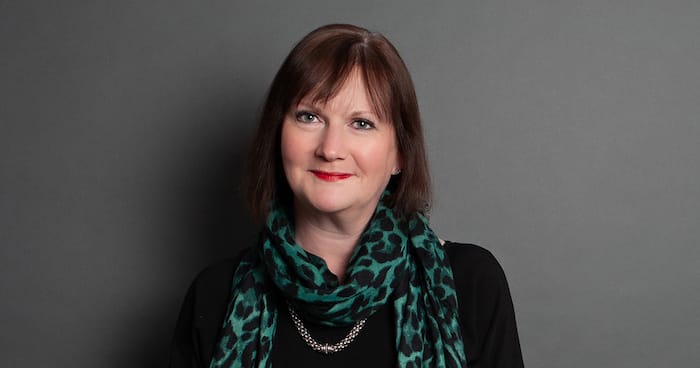Bird & Bird partner Sally Shorthose talks to Legal Cheek’s Micayla Colman about her work — and how it’s being shaped by the pandemic

It has been a busy few months for Sally Shorthose. The intellectual property partner in Bird & Bird’s life sciences sector group has had her hands full with the opportunities and challenges presented by COVID-19.
Lawyers, she notes, are being kept especially busy by “pharmaceutical and biotech clients with the regulatory and commercial challenges and involvement in either producing PPE [personal protective equipment], developing vaccines or bringing to market potential solutions or treatments”. Coincidentally before we spoke, Shorthose had just closed a $600 million (£463 million) deal which she described as hugely exciting and satisfying. “I enjoy being able to apply my commercial, regulatory, IP and industry knowledge,” she says.
Looking beyond COVID-19, Shorthose anticipates “huge changes” in the life sciences sector. “We can see there is a trend towards digital healthcare such as online pharmacies, online doctors, fitbits and other medical devices that can be used at home for greater convenience and accessibility,” she explains.
Shorthose goes on to share her thoughts about the impact of Brexit on the life sciences sector. “The relationship between Europe and the UK is so uncertain and if there is no trade deal, there is a chance that medicines and medical devices could get delayed in transit or not delivered at all. While I do fear shortages, there is another school of thought: the UK could be seen as an agile and flexible place to do research away from the EU, particularly as the UK has traditionally been given a bit more leeway because it is less risk averse. It could be seen to be easier to work alone than to align the interests of 28 member states.”
Before Shorthose became a partner in what is considered to be a traditionally STEM-focused practice area, she graduated from the University of Manchester with a law degree. So how did a law graduate come to choose IP, work in-house at two pharmaceutical powerhouses and then lead IP teams at three different City firms?
Shorthose tells me she began her training contract at Herbert Smith Freehills and she realised a few years after qualification that she wasn’t suited to corporate and finance law and decided to move in-house. At this stage, she says she still hadn’t considered IP, but that after a number of interviews at in-house companies, “IP found her”. She tells me about her time working as senior legal advisor at a British agrochemical and biotech company:
“I enjoyed working in a big sophisticated business where I got terrific responsibility from a young age. I loved the research, development, manufacturing and process of taking a product from the scientist’s idea through regulatory and commercialisation processes, to then watching it launch and perhaps even affect a company’s share price.”
After 11 years of in-house practice, Shorthose made the move back to private practice. She admits that she did regret the decision for some time. “It was a big shock and I did wonder if I made the right choice,” she says. “Timesheets were new and having to constantly find new work for the team was challenging.” She does, however, reflect on the drawbacks of being a senior lawyer in-house. “It can be lonely as you are the only and/or most senior lawyer in the room,” Shorthose says.
The discussion prompts Shorthose to add that it is very important to find the “right firm for you”. After being head of IP at two City firms, she was headhunted by Bird & Bird: “I chose Bird & Bird because it was the best at two things I wanted to do — IP and life sciences.” She credits the firm’s “brilliant people and great clients” for being just one of the reasons she’s stayed at the firm for 14 years. A standout transaction for Shorthose was advising on James Bond author Ian Fleming’s IP. She worked on the commercialisation and licensing of all of his books and was even invited to attend the Quantum of Solace premiere.
Shorthose’s advice for aspiring lawyers is simple: “Be enthusiastic, engaged and have a breadth of interests.” She encourages students to “research a firm’s recent work, read widely and have examples to back up your interests so that you can genuinely demonstrate commercial awareness and understanding.” She adds that students and even practising lawyers should try to get in-house experience as it allows them to “sit on the other side of the desk and see what pressure in-house lawyers are under”. Going on client secondments will help in this regard.
Sally Shorthose will be speaking alongside other lawyers from Bird & Bird at ‘The innovative industries that will shape the post-COVID world’, a virtual student event taking place tomorrow, on Wednesday 23 September. You can apply to attend the event, which is free, now.
About Legal Cheek Careers posts.


